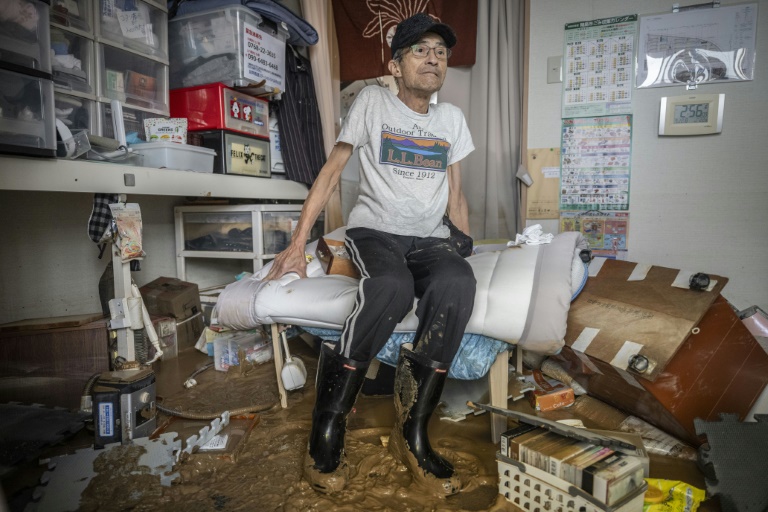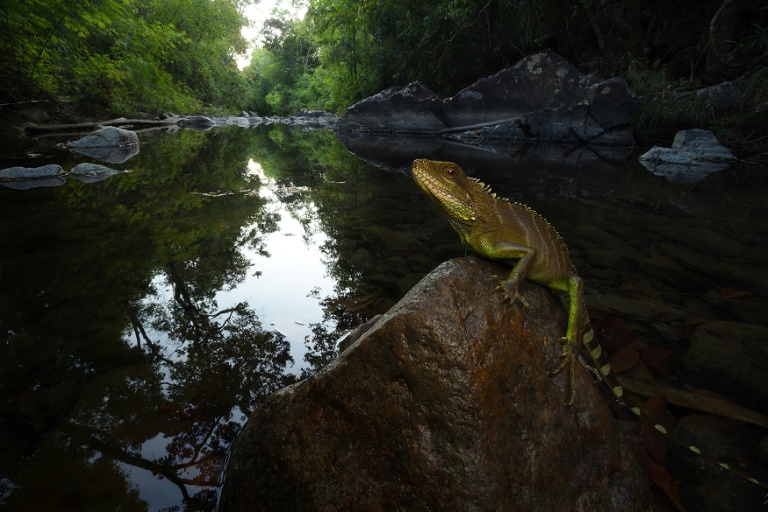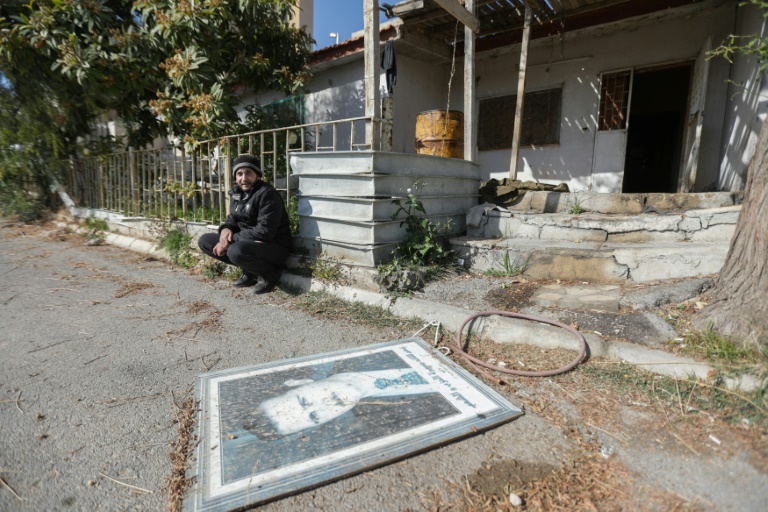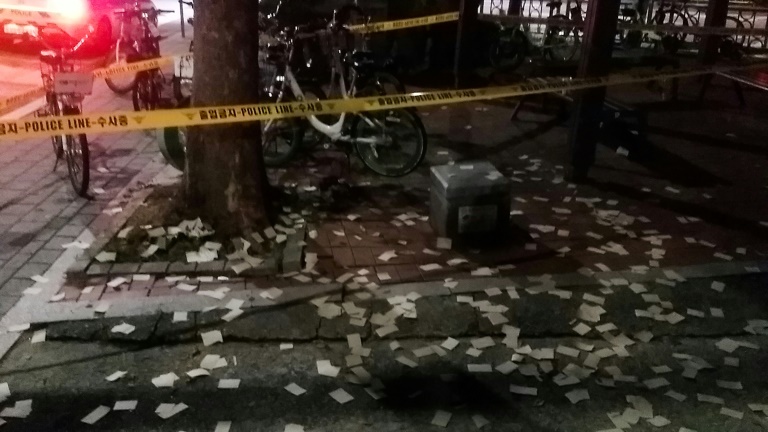Two huge earthquakes 17 years apart robbed Shoichi Miyakoshi first of his wife, and then his home. Now, his temporary dwelling flooded after heavy rains deluged Japan’s Noto Peninsula, he must start afresh again.
Record rainfall inundated the former sushi chef’s small two-room home in a temporary complex built after an earthquake on January 1 devastated areas on the Sea of Japan coast.
“It’s now September and will soon be October, then the winter will be right here,” Miyakoshi told AFP, sitting on a folded futon covered in mud, sorting through his belongings.
“I thought I was finally settled here and would have a warm winter around the next New Year’s Day,” the 76-year-old said.
“I have to start over, through another cold winter”.
Six people were killed as the Ishikawa region was blighted by landslides and burst rivers over the weekend, with military personnel sent to aid recovery efforts.
Around 4,000 households still had no power on Monday in an area still reeling months after a magnitude-7.5 earthquake wreaked widespread destruction and killed 374 people, according to the Ishikawa government.
Miyakoshi’s wooden home was badly damaged, one of the many structures that succumbed to the violent shaking which also triggered tsunami waves and a major fire.
But it wasn’t the first time that a natural disaster had brought tragedy to his life.
In March 2007, a 6.9-magnitude earthquake hit the Noto Peninsula and killed his wife Kiyomi Miyakoshi, then aged 52.
“She was the only victim in that earthquake, 17 years ago,” he said.
Kiyomi was in the garden, taking a washed rice container out to dry in the sun, when the strong tremor hit and knocked over a stone lantern, which delivered a fatal blow to her chest.
Miyakoshi continued working as a sushi chef until around 2014, when severe back pain caused him to be hospitalised.
When he was discharged, a photo of a young Kiyomi shyly smiling in a red kimono was there to greet him in his living room, he recalled.
After the most recent massive quake hit Noto in January, the former chef spent a few months at an evacuation centre, then moved to another shelter.
“I had left pictures of my wife in the destroyed house, but one night, she appeared in my dream,” he said. “She told me to take the pictures with me wherever I go.”
So Miyakoshi returned to his half-standing house to retreive the precious memories, which also include a picture from their wedding.
He brought the photos and Kiyomi’s ashes to the temporary accommodation in the city of Wajima — but now, they are soaked by brown water.
For now, Miyakoshi is sleeping in the waiting area of a hospital lobby with other victims.
Because he is frail, he could only bring essential items with him from the temporary accommodation, but plans to return to collect the photos.
“I will see you again when the city recovers,” he said, giving a firm handshake and a resilient smile.
AFP







